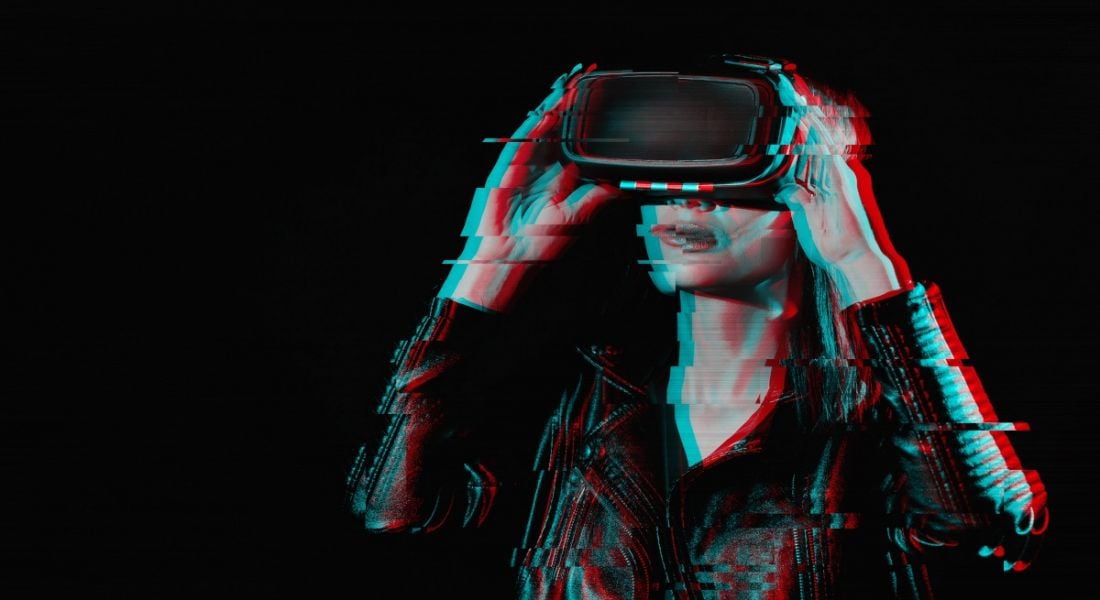For a career in a creative and tech-filled field like extended reality, you will need a mix of programming and dev skills as well as UX design.
Extended reality sounds like a very fancy term, but it is really just an expression the tech and entertainment industries use to cover various concepts like virtual reality (VR), augmented reality (AR) and mixed reality (MR).
For those who need a refresher on what AR, VR and MR are, here is a little breakdown of what each one is.
AR uses a real-world setting combined with technology. Users can control the extent of the tech they use. It’s about using technology to enhance real-world settings. It is often used in tourism apps to introduce a tech twist to popular tourist sites.
VR is entirely virtual. It is all about interacting in a virtual world such as the metaverse. People often use VR for gaming.
MR is kind of a middle ground between VR and AR; it is interactive but it still allows for a real-world view.
You can think of extended reality – often abbreviated to XR – as a catch-all term for all of these simulations.
To work in XR, VR, MR or AR, is to work at the intersection between tech and entertainment. It’s exciting technology with a lot of scope for innovation due to its applications in the entertainment sector.
As well using XR tech to enhance everything from Hollywood productions to museum visits, it is also used in the education sector to increase engagement.
Dublin-based VR company VRAI is an example of a company that has realised the potential of XR to train learners in areas from offshore wind to the military.
So, we’ve established that the potential for XR to be applied to industry is huge. That means there are a lot of different jobs for people who want to work in the area.
From very tech-focused developer jobs to more creative and design-focused roles, there are loads of opportunities in this ever-evolving and fast-growing industry.
Let’s take a look at the some of the skills you might need if you want a job in XR.
Programming
AR and VR developers use C#, Swift, Python and Java day to day, so you should learn at least one of those. You don’t need a degree to learn programming; there are loads of free or relatively inexpensive resources out there to learn tech skills. Keep an eye out for courses on platforms like Udemy and PluralSight.
Development
Getting some development experience under your belt will stand to you, not least because it will help you put your programming skills into practice. Try working on a project or two before you start applying for positions. It’s also worth pointing out that a lot of XR work is done collaboratively, so if you can prove you work well in a development team that’s always a bonus for your CV.
UX design
It can be argued that UX design skills are something every tech worker should have, but they are particularly important for someone working in XR. A lot of the work you’ll do will go into a finished product or piece, and that needs to resonate with people.
Animation
As well as development skills, you’ll need to become proficient at 3D animation tech tools such as Unity and Unreal Engine.
Creativity
XR often blurs the lines between tech and the arts. This means it’s a great area to get into if you are naturally creative and interested in things like design and how tech can make art and culture more enriching and interactive.
10 things you need to know direct to your inbox every weekday. Sign up for the Daily Brief, Silicon Republic’s digest of essential sci-tech news.




